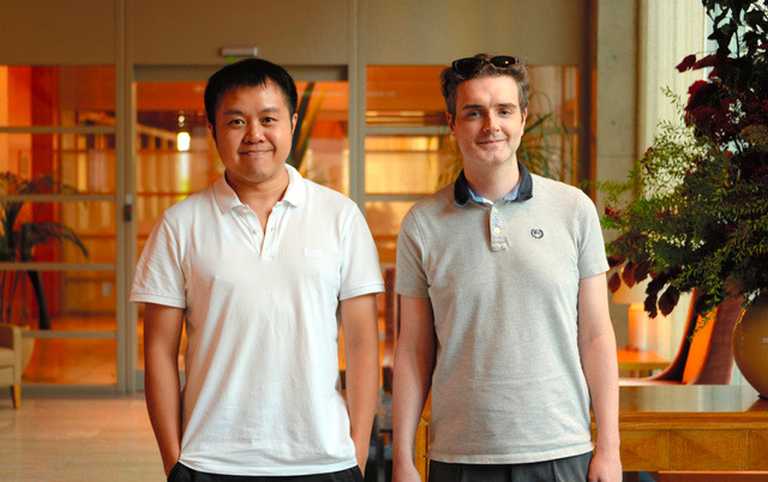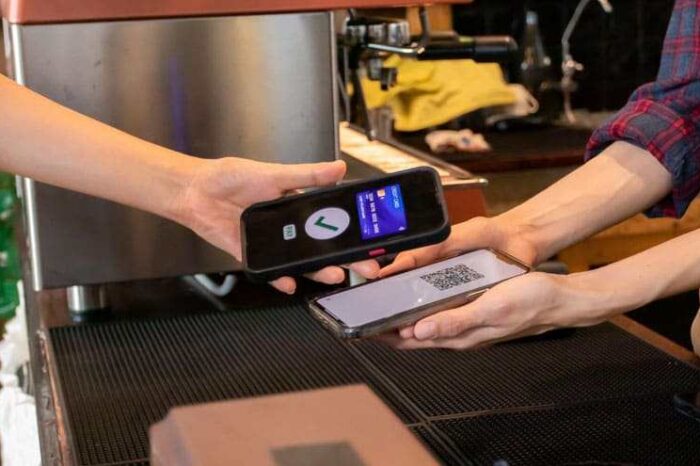Sakana AI raises $135M at a $2.65B valuation to become Japan’s most valuable unicorn startup

Sakana AI’s rise has been fast, loud, and almost improbable. A company that didn’t exist two years ago is now Japan’s most valuable private startup, climbing to a $2.65 billion valuation after securing a fresh $135 million Series B, according to a report from Nikkei.
In a funding climate where most startups are grinding through extended rounds and down rounds, Sakana is sprinting in the opposite direction—picking up speed with every raise and reshaping Japan’s position in the global AI race.
“Artificial intelligence company Sakana AI has completed a funding round that pushed its value to approximately 400 billion yen ($2.635 billion), marking a record for an unlisted Japanese startup,” Nikkei reported.
Founded in late 2023 by David Ha, Llion Jones, and Ren Ito, the Tokyo-based lab didn’t enter the market trying to match compute-rich giants like Google or OpenAI. Instead, it built an identity around a different idea: that AI models could grow the way nature does—through simple rules, constant evolution, and collective intelligence. The name “Sakana,” meaning fish in Japanese, reflects that philosophy, and the logo—a single red fish moving with a larger invisible school—says everything about how the founders see innovation.
Ha, who previously worked at Stability AI and Google after an early career at Goldman Sachs, teamed up with Jones, co-author of the landmark “Attention Is All You Need” paper that helped shape the modern transformer era. Ito, a veteran of Japanese tech and venture circles, completed the trio. Together, they pitched a direction for AI that didn’t depend on endless GPU stacks or billion-dollar data centers. Their idea spread quickly, attracting investors on both sides of the Pacific before the company had even settled into its first year.
Sakana’s initial momentum started with a $30 million seed round in early 2024 led by Lux Capital and Khosla Ventures, with support from Japanese backers JAFCO and Miyako Capital. Months later, a $214 million Series A extension lifted the company to a $1.5 billion valuation. That round brought in corporate royalty: NVIDIA, MUFG, SMBC, Mizuho, Itochu, KDDI, Nomura, NEC, and Fujitsu. It was a sign that Japan’s industrial base—often cautious about early-stage bets—saw Sakana as a strategic anchor for its own AI future.
The latest $135 million Series B, announced November 17, pushes total funding past $479 million and brings in new names such as MPower Partners and In-Q-Tel, the venture arm tied to the CIA. Returning investors, including Khosla Ventures and Macquarie Capital, doubled down.
The timing adds an extra layer of interest: the news lands barely a month after The Information reported that Sakana was in talks to raise around $100 million at a roughly $2.5 billion valuation. Instead, the startup closed a larger round at a higher valuation, suggesting stronger investor appetite than early reports anticipated.
A quiet shift in Japan’s political leadership has added more momentum. The new administration has placed AI near the top of its national agenda, partly as a response to demographic strain. With a shrinking workforce and a sharply aging population, Japan sees AI as a way to fill widening gaps before they become irreversible.
What makes Sakana stand out isn’t a mega-model or a buzzy chatbot. The company’s foundational idea is that AI systems can “breed,” letting smaller models evolve into better ones through a process inspired by natural selection. Instead of training enormous models from scratch, Sakana merges and refines existing ones through evolutionary algorithms. This slashes the energy footprint that has ballooned across the AI industry as larger firms pour money into GPU clusters and power-hungry data centers. “At present, we are seeing a record amount of capital pouring into AI compute at a rate which may not be sustainable,” the company said in its announcement.
Sakana is also developing the “AI Scientist,” an automated system that handles an entire scientific workflow—from forming a hypothesis to running experiments. Ha recently described this as a path toward “sovereign AI,” models shaped around the needs and values of individual nations rather than a single global template. The approach has drawn comparisons to fast-growing European groups like Mistral AI, which are also building alternatives to U.S. tech giants.
With new capital in hand, Sakana plans to move beyond the lab and into industries where Japanese companies have long held global influence. The startup already has a partnership with MUFG focused on financial applications, and it expects to expand into defense, banking, industrial manufacturing, and government services by 2026. The investment from In-Q-Tel signals that Sakana’s work may play a role in a broader geopolitical context as allied nations push for AI systems that aren’t beholden to foreign infrastructure or data dependencies.
Ha has framed the company’s direction around a simple belief: constraints can spark meaningful breakthroughs. For Sakana, those constraints—limited compute, limited energy, and limited time—shaped a strategy that looks nothing like the arms race driving Silicon Valley.
Now valued at $2.65 billion with investors across Japan, the U.S., and Europe betting heavily on its direction, Sakana AI stands as the country’s clearest signal that it intends to compete on its own terms. A startup named after a fish is now leading an industry defined by giants, and its school of evolutionary models is swimming against the current in a way that could reshape Japan’s place in the global AI conversation.

Sakana AI co-founders




